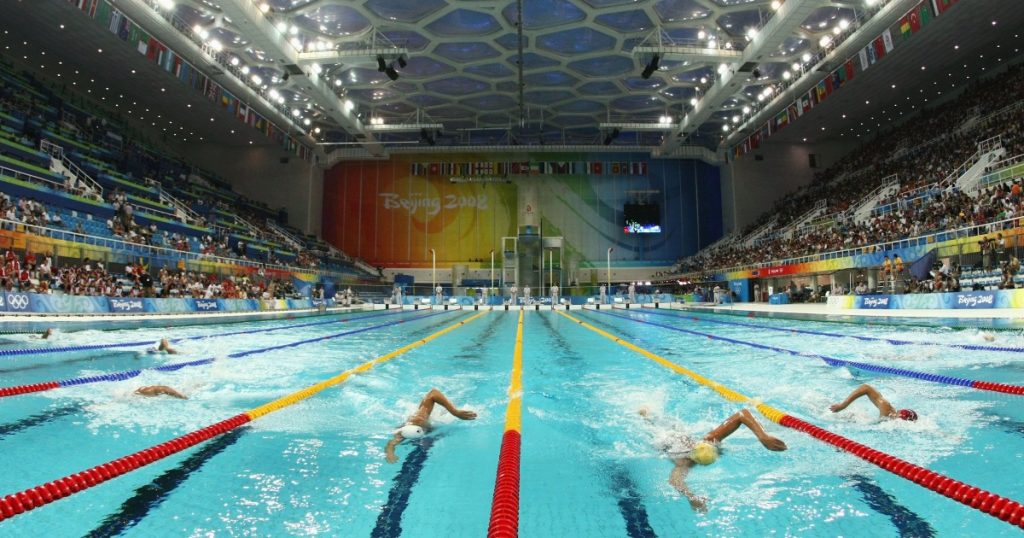The World Anti-Doping Agency (WADA) has revealed that 23 Chinese swimmers were cleared to compete at the Tokyo Olympics despite testing positive for a banned heart medication, trimetazidine, due to contamination of their samples. Chinese authorities claimed that the positives were the result of contamination, and after reviewing the evidence, WADA agreed with their assertion. The 30-member Chinese swim team ended up winning six medals at the Tokyo Olympics, including three golds, and many of the athletes are expected to compete at the Paris Olympics this summer. Reports of the positive tests came to light in the Daily Telegraph in Sydney and The New York Times.
In response to what it deemed as misleading and potentially defamatory media coverage, WADA explained the process it went through upon learning about the positive tests. The organization also stated that it had received a tip from the U.S. Anti-Doping Agency in 2020 about allegations of doping cover-ups in China but that USADA never provided evidence to follow up on. USADA CEO Travis Tygart expressed disappointment and called the news of the positive tests from China “crushing.” He criticized WADA and the Chinese Anti-Doping Agency for failing to follow global anti-doping rules in handling the situation.
World Aquatics, the governing body for global swimming, responded to the situation by stating that it was confident the adverse analytical findings were handled correctly in accordance with anti-doping regulations. The heart medication trimetazidine, which was at the center of the case involving the Chinese swimmers, was also the substance that led to the suspension of Russian figure skater Kamila Valieva at the Winter Olympics in Beijing in 2022. WADA took swift action to sanction Valieva after her positive test, highlighting a perceived flaw in the global anti-doping system where a country’s anti-doping organization is often the first line of defense in catching drug cheats.
This case shines a spotlight on the challenges and complexities of the global anti-doping system, particularly with regards to the varying motivations and capabilities of different countries’ anti-doping organizations in catching drug cheats. The need for consistent and fair application of anti-doping rules and regulations across all countries is evident, as discrepancies in enforcement and adherence to guidelines can undermine the integrity of sports competitions. Moving forward, there may be calls for reforms and increased transparency within the anti-doping framework to ensure that athletes are competing on a level playing field and that the integrity of sport is preserved.


